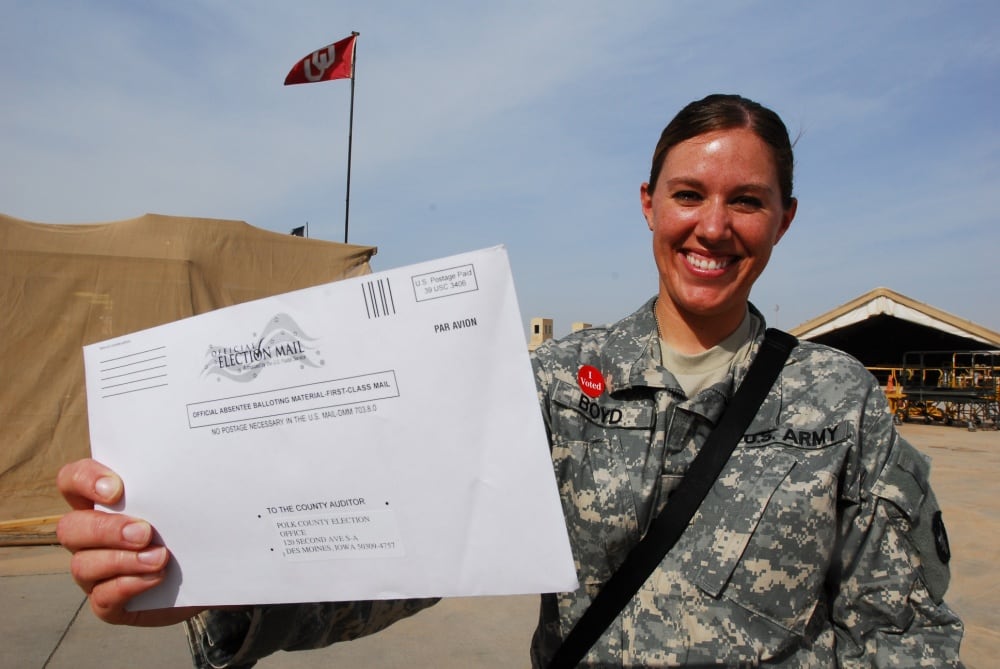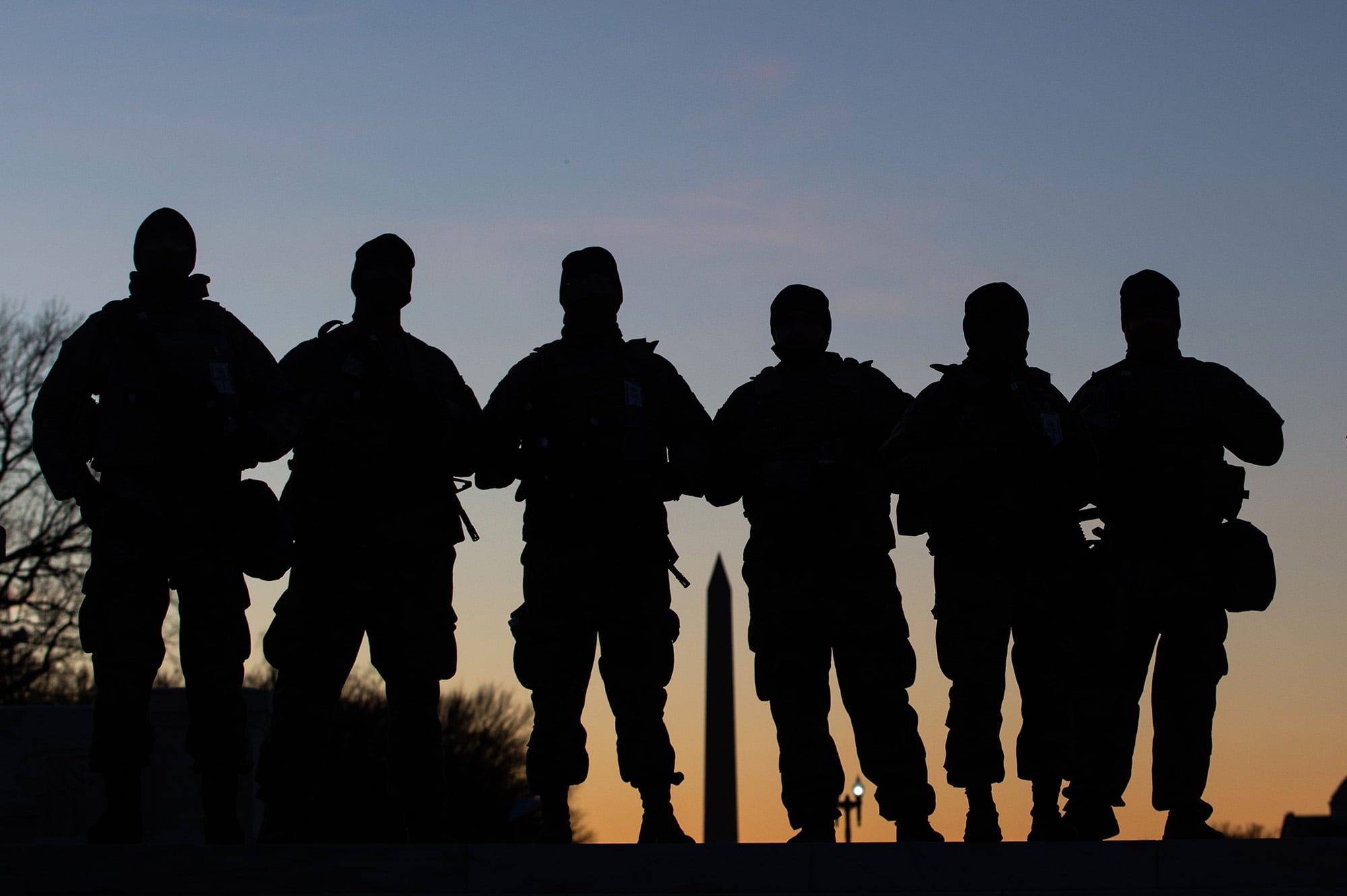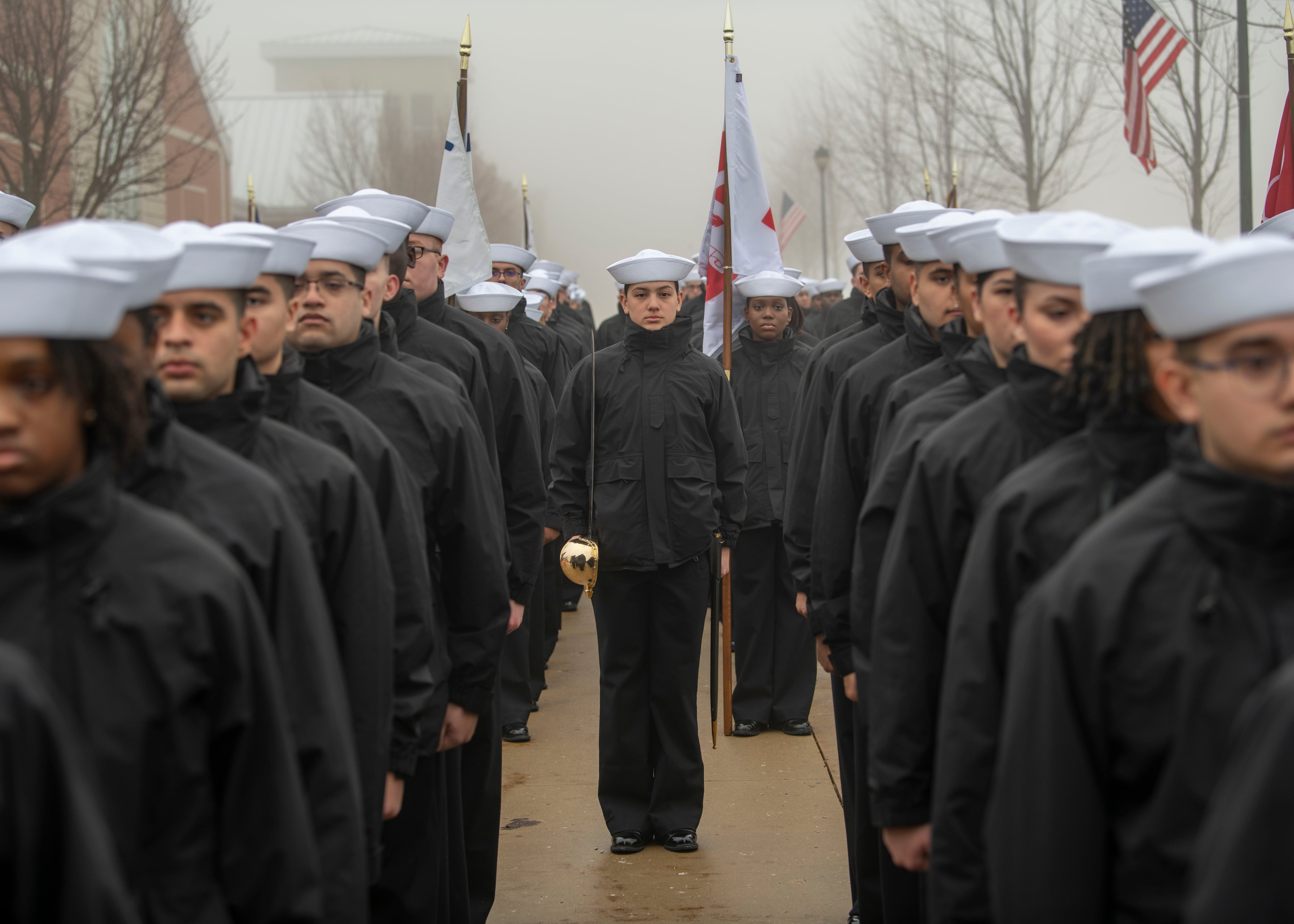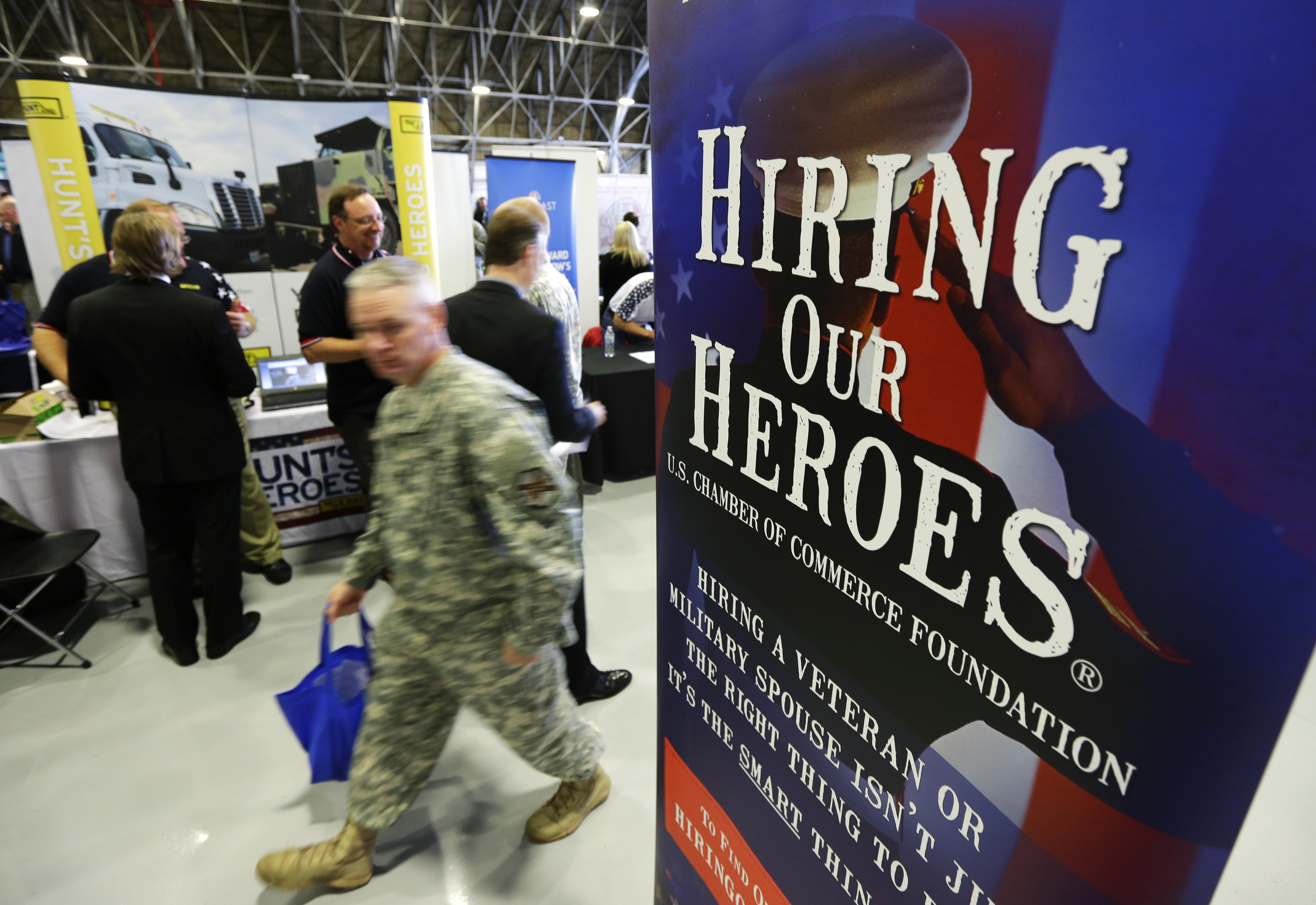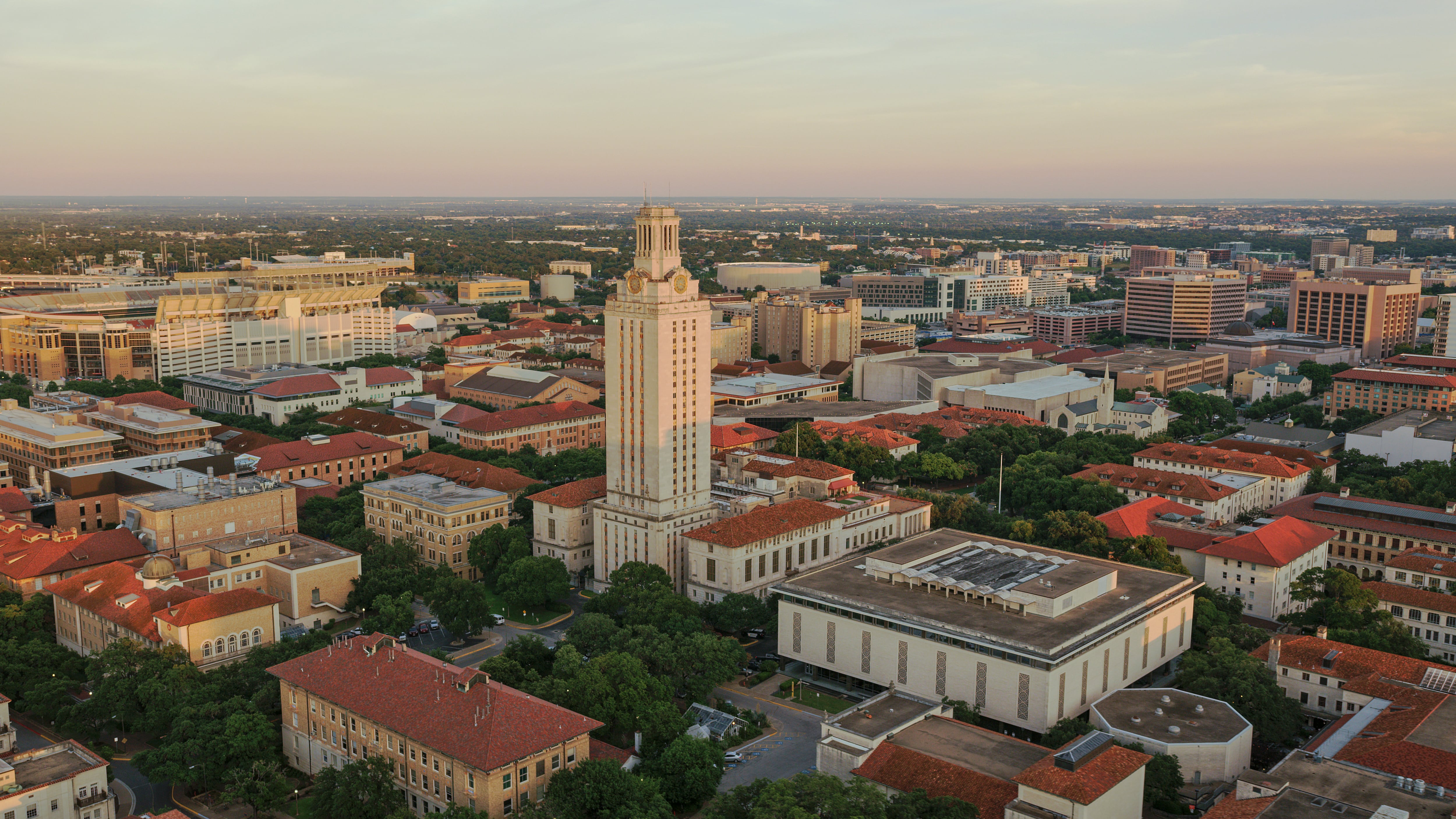If you’re a service member or their family member stationed away from your voting district, or a U.S. citizen overseas, it’s not too late to vote —even if you haven’t received your requested absentee ballot from your election official.
In some states, it’s not even too late to register to vote, because it can be done electronically.
In 29 states and the District of Columbia, the laws and rules allow election officials to count ballots that arrive after the polls close from military, their family members, and U.S. citizens overseas, according to an analysis conducted for the Count Every Hero campaign. It varies from two extra days in South Carolina to 20 days in Washington state.
Count Every Hero, an organization led by retired generals and admirals, is also demanding that TV news anchors hold off declaring any election winners until all the military votes are counted.
Every state is different. But if you haven’t received your requested ballot, you should download a Federal Write-In Absentee Ballot (FWAB) and send it to your local election official. While some states require the ballot to be mailed, others allow the ballot to be returned by email or fax, or through an online portal. While the issues with mail service may affect the time it takes for a mailed ballot to get to election officials, many states do count the ballot if postmarked by Nov. 3 and received within the state’s required transit time.
Under the Uniformed and Overseas Citizens Absentee Voting Act, commonly known as UOCAVA, states must make certain provisions to make voting easier for UOCAVA voters. That includes offering voters the option of receiving their ballot electronically (states can choose to offer email, fax, or online portal); and accepting the FWAB as a backup ballot for all federal elections.
Here are just two examples of states' policies for UOCAVA voters:
*North Carolina: Deadline for voter registration is 5 p.m. Nov. 2; and deadline for ballot request is 5 p.m. Nov. 2. These requests can be made using the Federal Post Card Application, which can be emailed. Voted ballots returned by email, fax or online must be received by 7:30 p.m. Nov. 3. If returning the ballot by mail, no postmark is required, but the mailed absentee ballot must be received by 5 p.m. Nov. 12. In North Carolina, the FWAB can also be used to register to vote, but just be sure to get it in by voter registration deadline of 5 p.m. Nov. 2.
*Florida: The deadline has passed to register to vote. You can request to receive a ballot by email, fax or online, by Nov. 3. For returning your ballot, if you’re located within the United States, it must be mailed and received by 7 p.m. Nov. 3. If you’re outside the U.S., you can fax it or mail it. Faxed ballots must be received by 7 p.m. Nov. 3. If you mail the ballot from overseas, it must be postmarked by Nov. 3 and received by Nov. 13.
A lot of states have tracking features that allow you to check online to see whether your ballot has been received, and that has been helpful to many people, said Susan Dzieduszycka-Suinat, president and CEO of the U.S. Vote Foundation and Overseas Vote.
Check with your state’s requirements at www.fvap.gov. The home page provides a drop-down menu where you can select your state, and see the requirements and links for registering, requesting a ballot, and returning the ballot.
You can also find information, resources and links at https://www.overseasvotefoundation.org/vote/home.htm. Both FVAP and Overseas Vote Foundation have help desks to answer questions, with contact information on their websites. Make sure you follow the directions provided by your state for preparing and sending the ballot.
If your state requires the ballot to be mailed, note that military members and their families overseas have the advantage of the free expedited service using the Label 11-DoD. Each voted ballot dropped off at a military post office overseas will receive the Label 11-DoD, automatically giving that ballot expedited delivery. This service is only available to overseas service members and their families using a military post office; and isn’t available to U.S. citizens overseas.
Group demands networks wait on declaring election winners
Citing the policies of the 29 states and DC for acceptance of late-arriving military ballots, Count Every Hero has launched an ad campaign demanding that TV news hosts wait until every single military vote is counted before declaring election winners. They’ve centered on CNN’s Wolf Blitzer, MSNBC’s Rachel Maddow, and Fox News' Bret Baier. While the ads were made for those three networks, “our demand crosses all of them,” said Ellen Moorhouse, a spokeswoman for Count Every Hero, which is a “cross-partisan” group of retired military and other veterans, led by high-ranking admirals and generals.
HOW MANY MILITARY VOTES?
There were 252,574 military UOCAVA ballots counted in the 2016 election, according to a report from the U.S. Elections Administration. Of those, 32,472 came from Washington residents, who have up until 20 days after the election to be counted. The highest number of military ballots, at nearly one out of five —50,036 —came from Florida residents, who have an extra 10 days of ballot transit time. Another 19,364 military ballots came from Texas residents, who have an extra six days of transit time; and 17,984 military ballots came from California residents, who have an extra 17 days of ballot transit time.
Together, those four states counted nearly 120,000 ballots, and all allow extra transit time.
Moorhouse was asked about a scenario in which the margin of victory would be so large on election night, that there would be no mathematical way for a candidate to lose, even considering the number of military absentee ballots to be counted.
“When we say we are worried about ballots not being counted, we are referring to very real threats of a candidate prematurely declaring victory, as well as litigation or interference with the Electoral College via state legislatures,” Moorhouse said. “These scenarios could play out in a close race. That’s why we are demanding that vote-counting continue if a winner is not statistically assured by the end of Election Day.”
Officials with the organization have told Military Times previously their concern isn’t with elections officials in counting the military absentee ballots for the official vote tallies after election day.
“Our big worry is that, given how many military ballots are likely to arrive by mail, and the extended time 29 states plus DC allow for these ballots to arrive after election day, any attempt to cast doubts on or otherwise challenge absentee ballots as they arrive after the election will necessarily sweep in military ballots, which are some of the latest to arrive,” said Jack Noland, research manager at RepresentUs, which has conducted research for Count Every Hero.
In an Oct. 26 Supreme Court decision regarding absentee ballots in Wisconsin, justices refused to reinstate a lower court order that would have allowed mailed ballots to be counted if they were received up to six days after the election. Wisconsin, like 20 other states, requires absentee ballots to be received by election day in order to be counted. Those deadlines are set by the states.
In 2016, there were 6,084 ballots from UOCAVA Wisconsin voters counted, including 2.690 from the military, according to the U.S. Election Assistance Commission.
The extension of time would have applied to all absentee ballots, including those received by military and overseas voters in Wisconsin, but the case doesn’t single out military and overseas voters. The case was based on COVID and Wisconsin residents' ability to vote safely. It doesn’t directly affect military and overseas voters, said one retired military attorney who is an expert on the UOCAVA law.
A federal district judge had ordered the ballots to be counted up to six days after election day in Wisconsin because of COVID, but the Supreme Court justices ruled there was no legal basis for that judge’s order, because the Constitution provides that state legislatures have the responsibility for making the rules regarding elections.
UOCAVA voters — who are physically away from their voting district — have an additional protection that allows them time to get ballots back in time to be counted. Election officials are required to send the blank ballots at least 45 days before the election by some electronic means to military and overseas voters who have requested them. If the election officials miss the deadline, a federal judge would have the authority to extend the deadline for the return of UOCAVA voters' absentee ballots.
However, Count Every Hero contends that “any of the many cases relating to absentee voting that are and will be working their way through the courts intertwine with the critical issue of counting every hero’s ballot,” Moorhouse said.
“Disenfranchising even one of the thousands of our brave service members and their families by not counting their valid ballots that have been postmarked by election day would be a grave insult to the sacrifices our heroes make each and every day.”
Karen has covered military families, quality of life and consumer issues for Military Times for more than 30 years, and is co-author of a chapter on media coverage of military families in the book "A Battle Plan for Supporting Military Families." She previously worked for newspapers in Guam, Norfolk, Jacksonville, Fla., and Athens, Ga.
